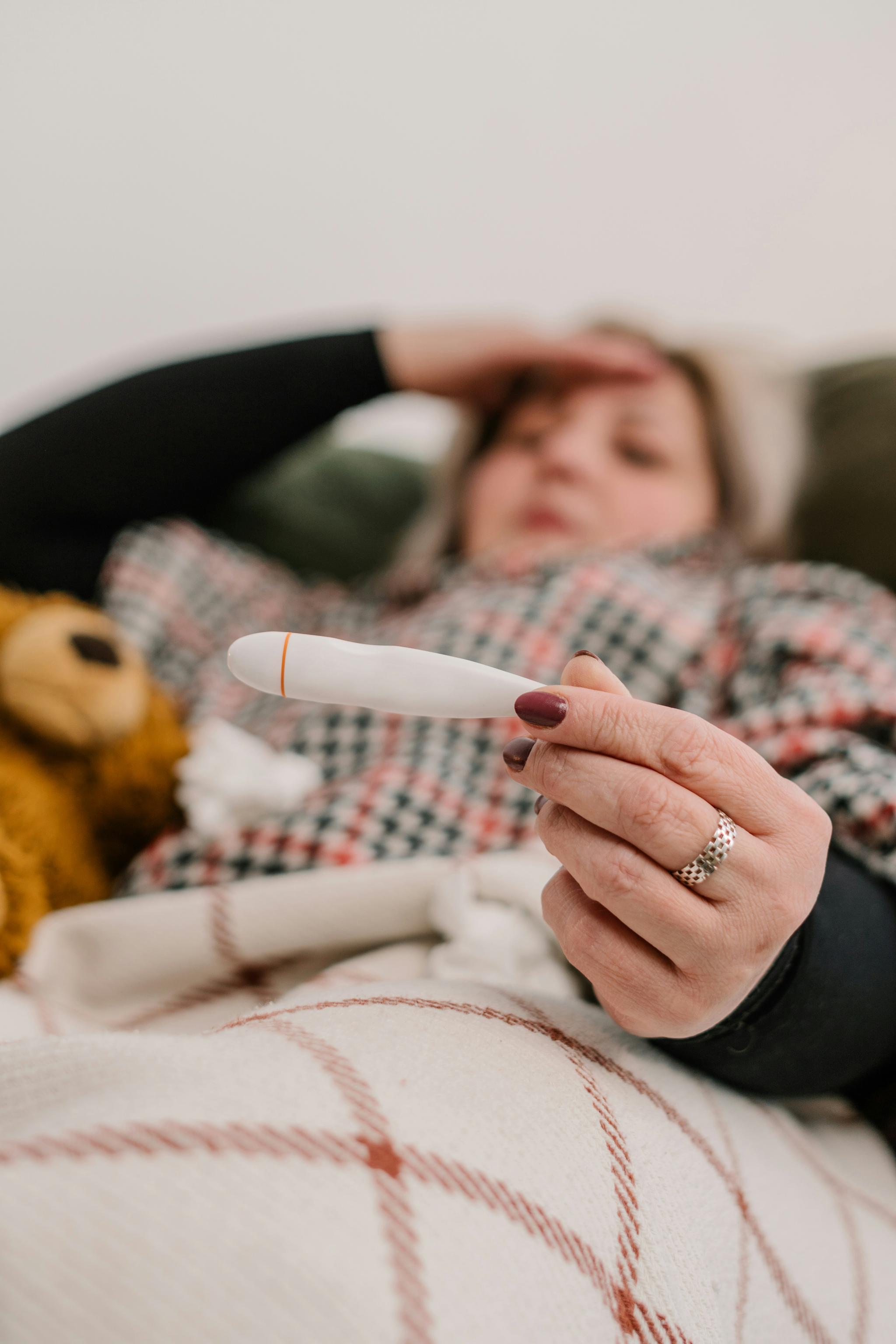Fever and Chills After Childbirth
Last updated
First published

Once you have given birth, there will be very large changes in the body during the following 6 weeks. The period is also called the maternity period, where you can get short-term fever or decidedly maternity fever that is long-lasting.
It occurs due to inflammation in one or more places in the body and affects somewhere between 2-8% of all women giving birth.
Symptoms
If you have a maternity fever, one of the symptoms will of course be that you have a fever. It can occur because of:
Breast
Inflammation of the uterus
Cystitis
Renal Pelvic inflammatory disease
Phlebitis
Sepsis
The most common cause of fever after childbirth is inflammation of the uterus, the symptoms will be:
Discomfort in the lower abdomen
Foul-smelling vaginal discharge
Languor
However, you as usually do not experience the great discomfort or otherwise feel particularly ill.
If you get a fever or symptoms of inflammation in one or more places in the body, it is important that you are examined and treated so that it does not develop.
The cause of inflammation
If the cause of the fever is an inflammation of the uterus, it is because bacteria have entered the uterus in connection with the birth. The uterus is usually protected, but during and after birth, several of the protective mechanisms are more or less put out of play.
When the placenta ruptures and the cervix expands, bacteria can penetrate and be pushed out into the tissue around the uterus because it contracts due to contractions. It is quite normal for bacteria to penetrate, and only something that gives rise to fever and inflammation in very few people.
Prevention of postpartum fever
Although it is not always possible to prevent bacteria from entering the uterus, there are some things you can do yourself to minimize the risk of getting inflammation in the uterus after childbirth:
Rinse yourself down after each toilet visit with a shower or jug of lukewarm water
Change bandages many times a day
Avoid taking a bath (due to the wound surface in the uterus)
Avoid bathing in the sea
Avoid the swimming pool
Avoid using tampons
It is also recommended to have a good breastfeeding technique as it can help prevent mastitis.
